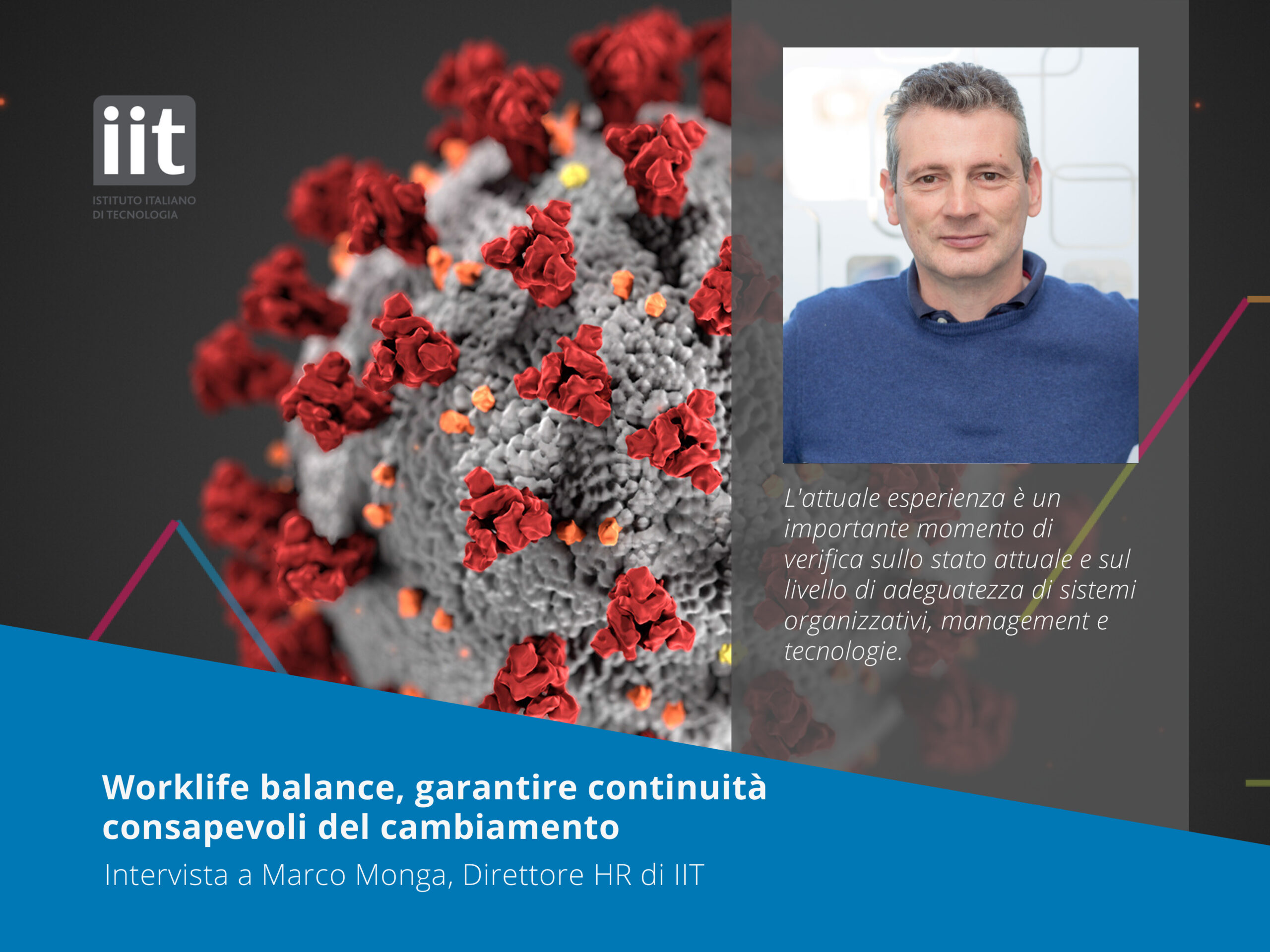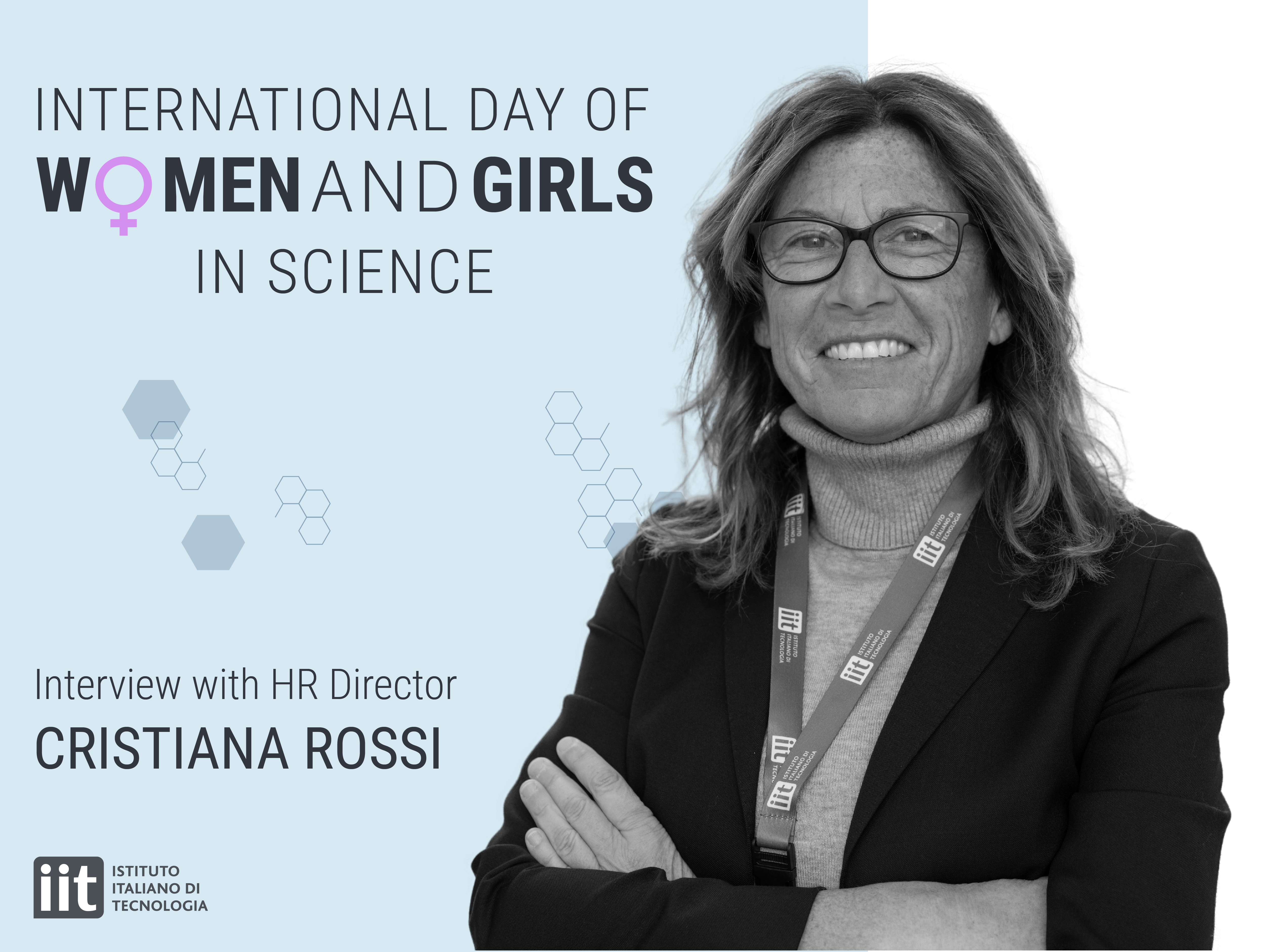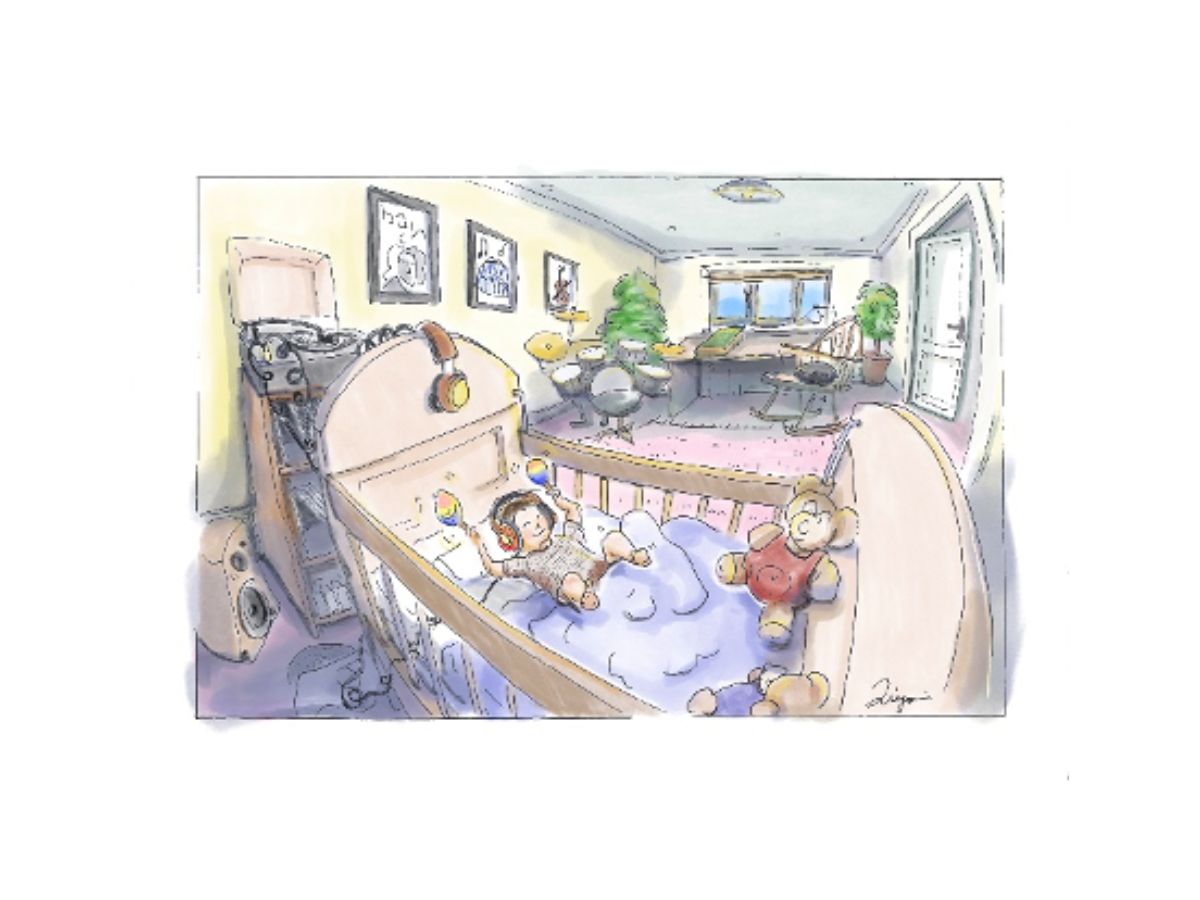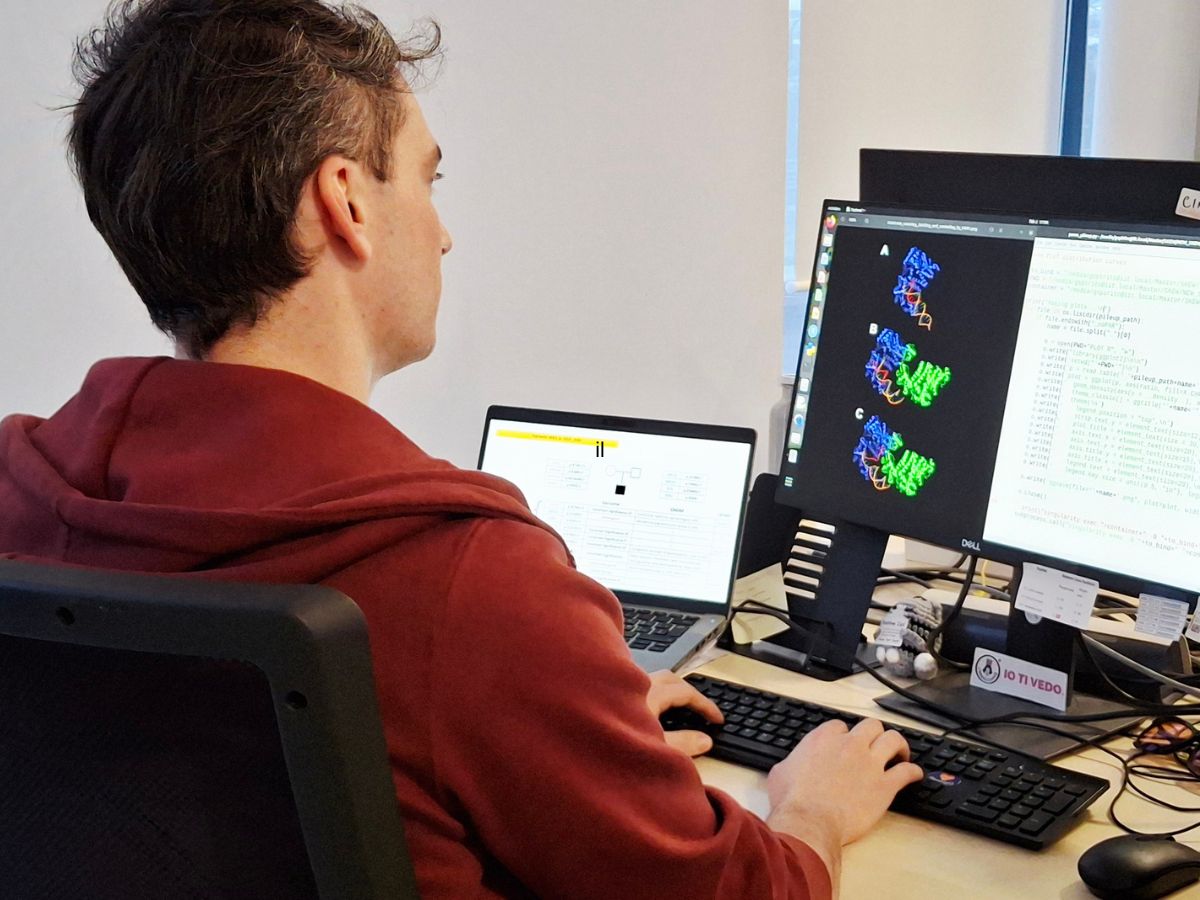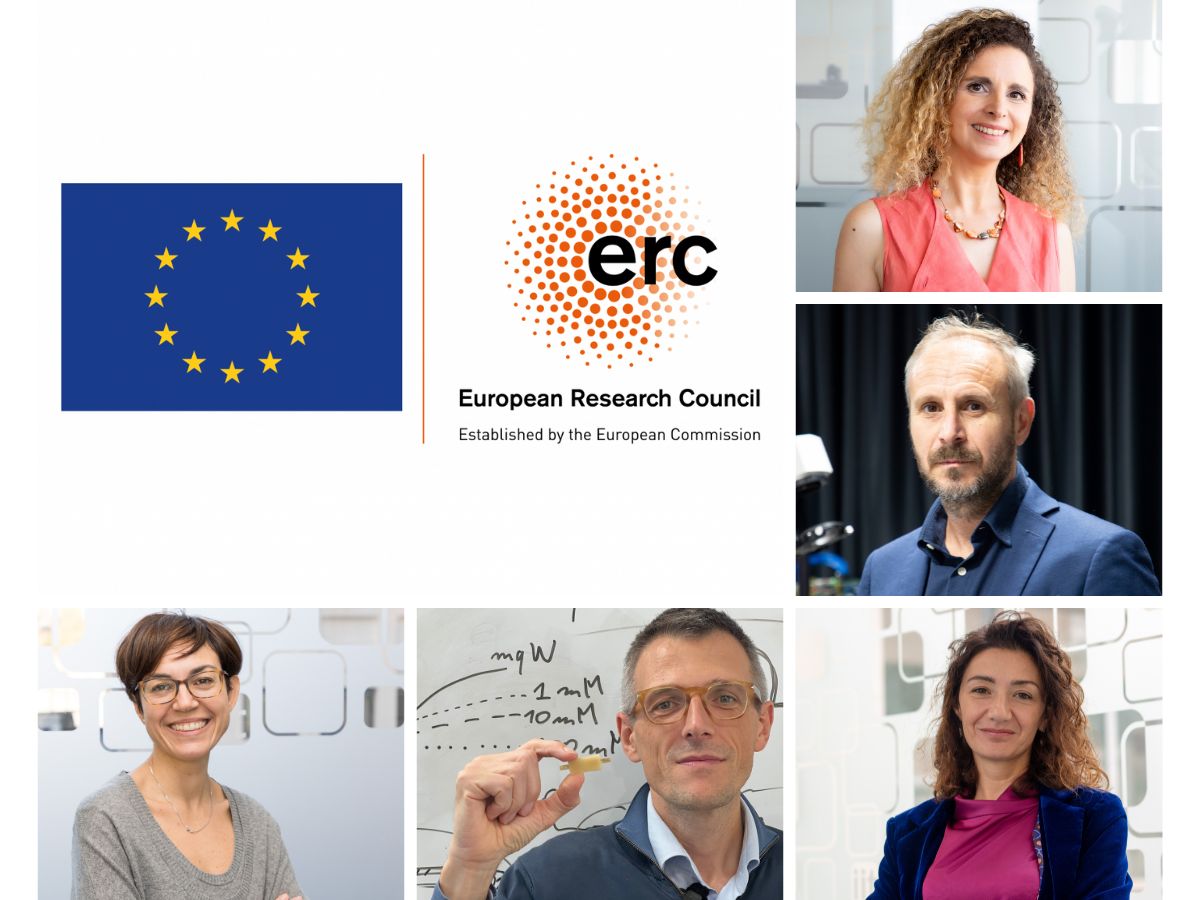Interview with the Human Resources and Organisation Director of IIT, Marco Monga
Hi Marco, how are you coping with the Coronavirus crisis in IIT? Day after day, we are becoming more “confident” in the crisis. In the beginning, it was really complicated to be able to take pragmatic and cautious decisions in a hurry. In the end, we attempted to reduce access to the offices and laboratories as much as possible. For example, there were about 60 people at Morego a few days ago, less than one-tenth of the number we would normally see. The use of teleworking is practically universal and for the time being, adrenalin is helping everyone to get through the difficulties. A common effort is to also maintain, in addition to the unavoidable activities whether these are to support research or of an administrative nature, some “normal” tasks which ground us in the reality of yesterday and which must again become the normality of tomorrow. For example, we are continuing to develop the alumni community!Do you see an opportunity in this situation? If yes, which?All situations are opportunities, the more challenging the first, the more extensive the second. Having said that, I’m rather convinced that after this, nothing will be the same as before or, at the very least, it will take a lot of time for social relations to regain the spontaneous dynamics we were used to, from a simple handshake to the kiss on the cheek when greeting somebody. This will have an enormous effect on many mechanisms that are so obvious that we never noticed them. Maybe it will also be an opportunity for less hypocracy and more transparency. Having said that, we are playing the greatest opportunity on an individual level: today, we must ask ourselves “AFTERWARDS, what impression of myself do I wish to take forward? Which recollection will I have and, for others with me, what did I think, say and do in this situation?”. The greatest opportunity is that of redesigning our presence in life with others, in organisations and in the world in general.How may people in IIT are teleworking to date? Practically everyone, that is, more than 1,700 people. No-one has ever stopped and this is one of the sources of great pride for all IITians. Who has, for all intents and purposes, remained on-site, whether this is in the central lab or other laboratories in the network?There are certain research facilities that require the scheduled presence of people, for example in order to safeguard cell cultures. Then there are also administrative activities (we are in the middle of closing the annual financial statements) which benefit from the possibility of real-time interface with the records available. All this takes place with maximum attention to safety measures and, in any case, by reducing presence in the offices and laboratories to the absolute minimum. #istayathome also applies to us who, from scientific thinking, give the reason for life.Do you get the feeling today that people are ready to manage such an important change in such an immediate manner?As I said before, today we are on an adrenalin overdose. I think it’s too early to assess performance over the long-term. But I’m optimistic. Those who work with IIT have always shown a strong sense of belonging. It’s a hallmark which we’ve carried forward from the time when we were still a start-up. So many things have changed today. The witnesses of the pioneering period are now few compared to the multitudes who work in IIT. But that pride of being a part of a beautiful Italian anomaly is still the bond which unites so many people who arrive from all over the world convinced that some dreams can come true at Morego. Which major difficulties do you see on the path towards agile working, also based on the data which are probably surfacing in this period?Smart working has almost nothing to do with what we are exploring today. Teleworking is only a small element that distinguishes agile working. Agile working means organising processes in such a way that tasks can be carried out independently, asynchronously and without constraints of place. It means actioning a new leadership based on delegation, communication and feedback. It means putting facilitating technologies in place. And so many other things. Having said that, the current experience is still an important moment of verifying the current status and the level of suitability of organisational systems, management and technologies. It will demonstrate the extent of the distance that separates us from the full creation of a true smart working model.Is there anything you wish to say to the IITians who are reading this section in these uncertain times?To quote John Lennon: “everything will be ok at the end, if it’s not ok it’s not the end”.

